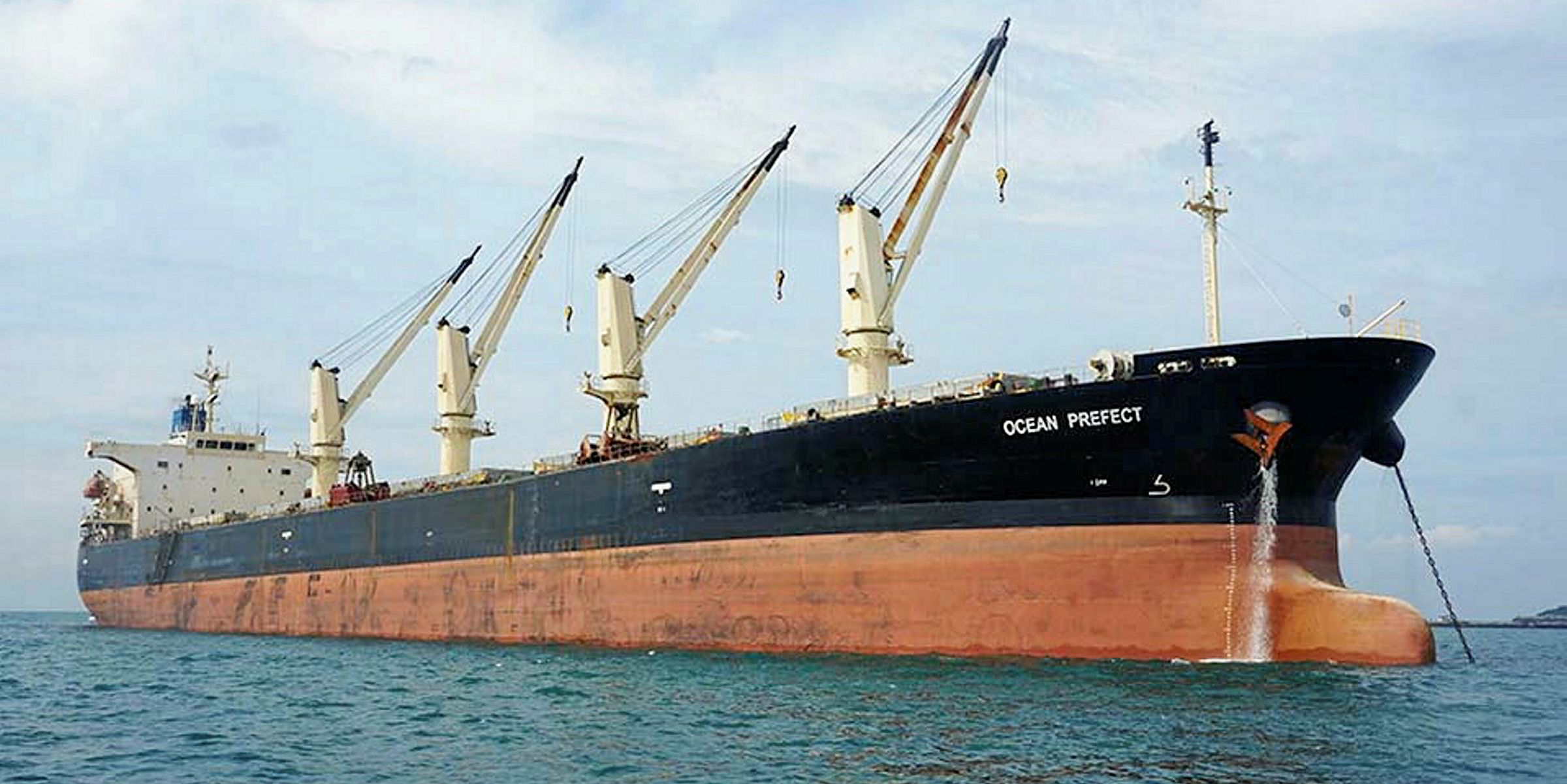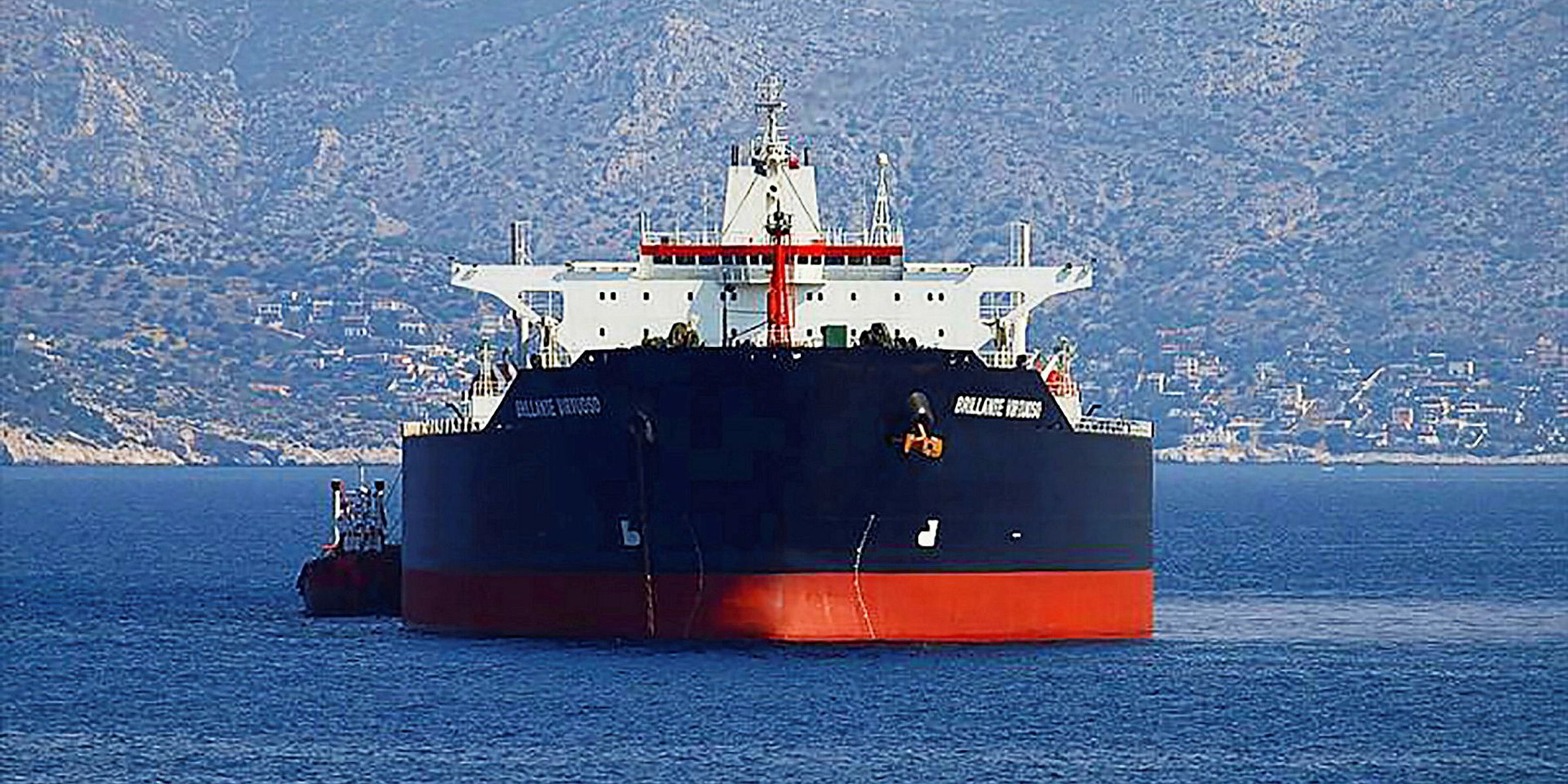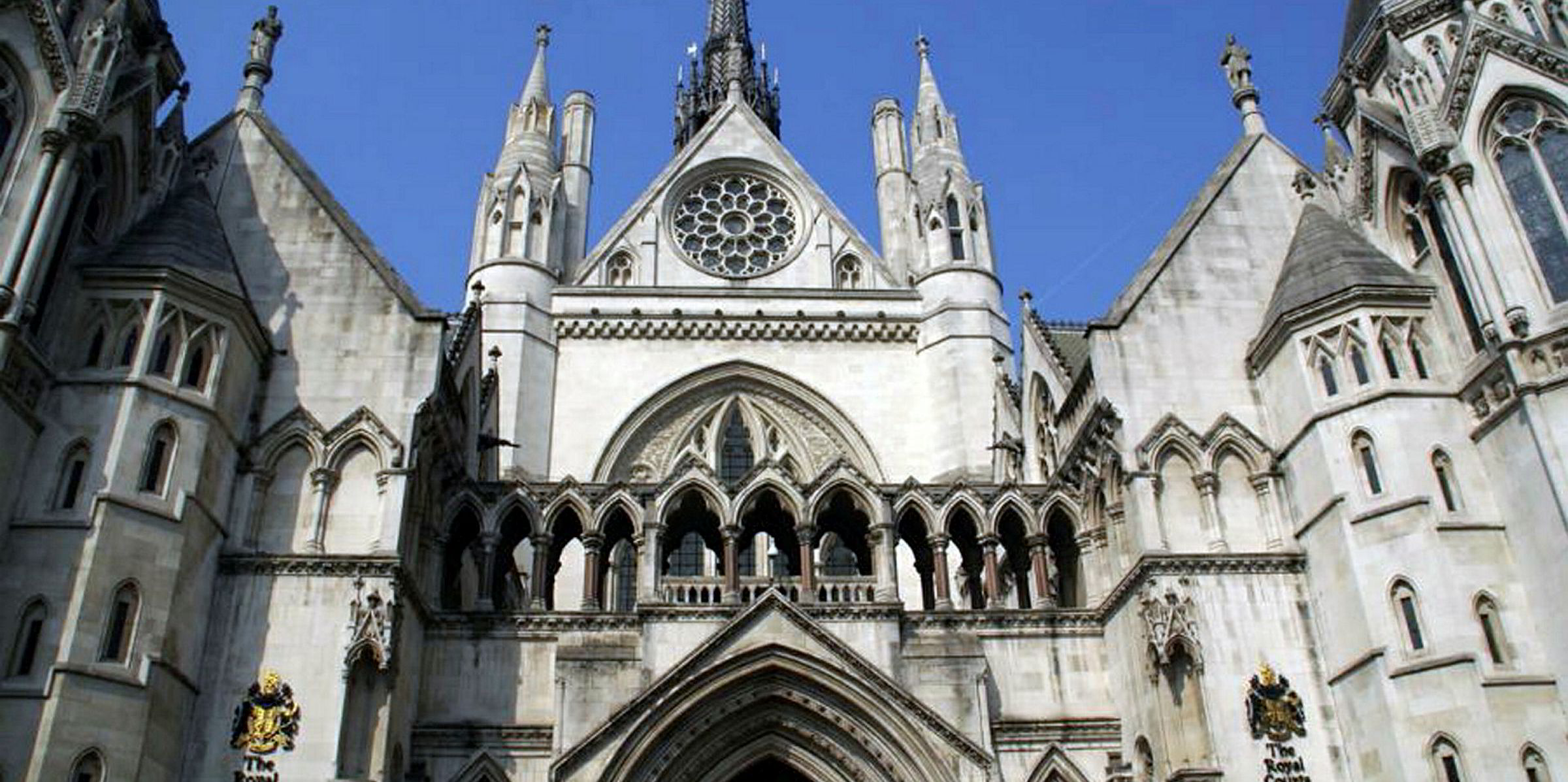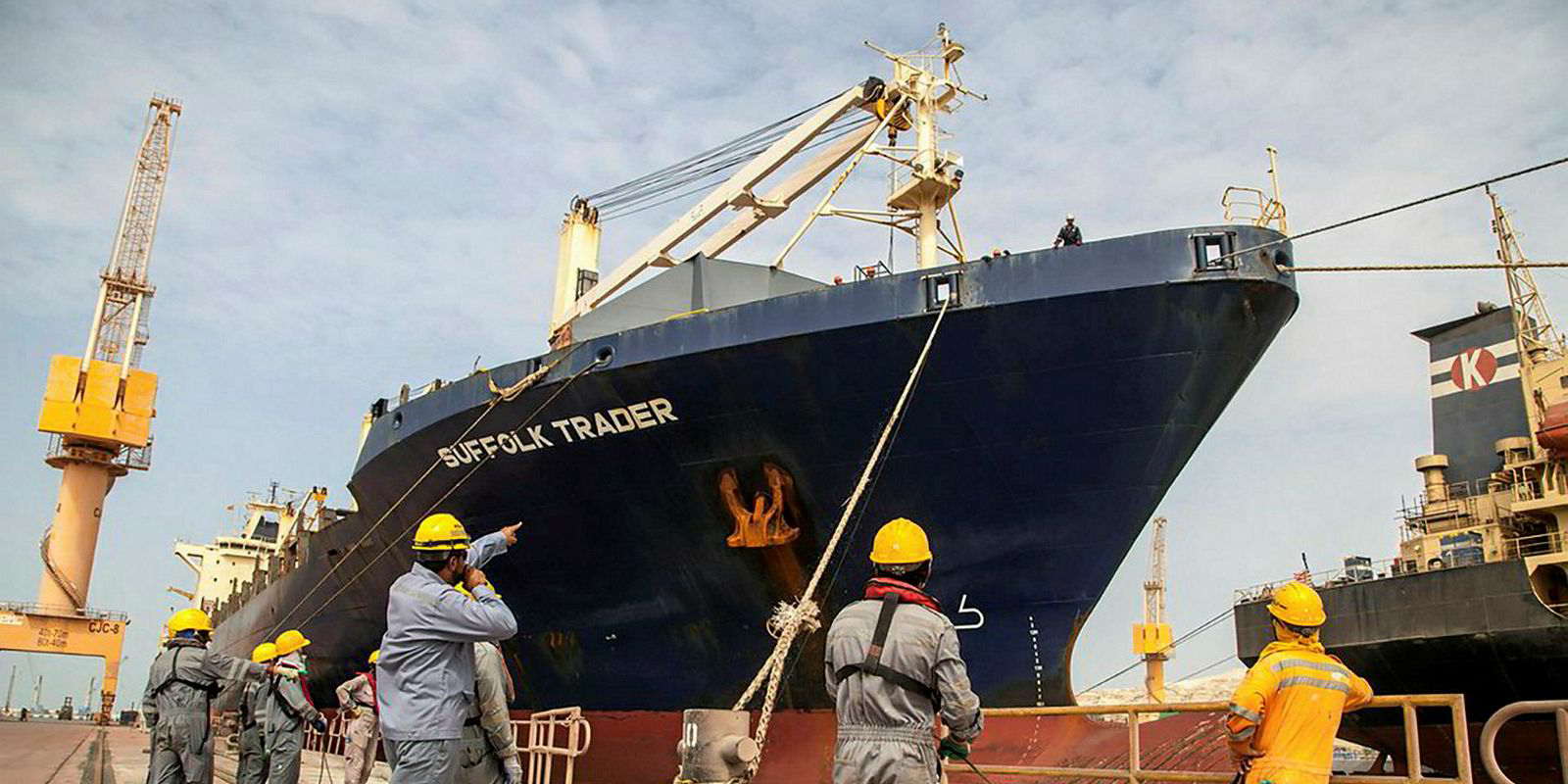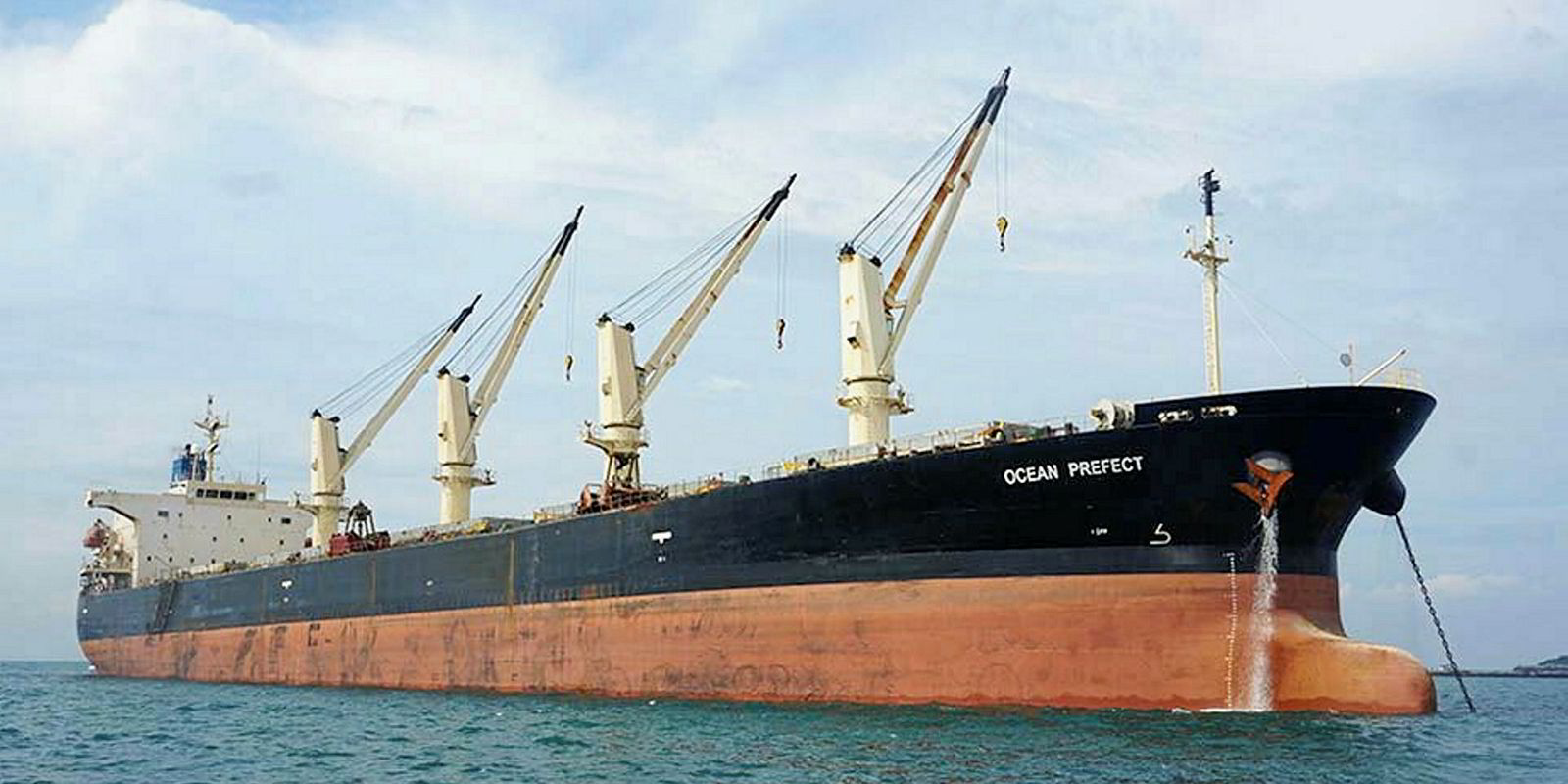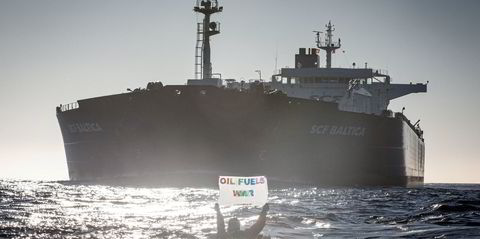The UK High Court has refused a request by a shipowner to use an accident report in a grounding arbitration case on the grounds that it would prejudice future investigations.
Justice Nigel Teare said in a precedent-setting commercial court judgment that he had to come to a quick decision to protect the work of the Marine Accident Investigation Branch (MAIB).
It had produced a report in April 2018 on the UK-flagged, V.Ships-managed 53,000-dwt Ocean Prefect (built 2003), then owned by Lomar Shipping, which grounded twice in two days off the United Arab Emirates in 2017 due to two pilots' lack of local experience.
It was not damaged in the first grounding and was refloated 12 hours later with the help of tugs.
But three ballast tanks were breached in the second incident, which required the vessel to dry dock in Dubai for repairs.
MAIB said the two Indian pilots, despite extensive experience elsewhere, had limited local knowledge and had only previously completed two pilotage acts at the port.
Owning company Ocean Prefect Shipping is now trying to use the report in a London arbitration hearing against charterer Norden. It had been scheduled for this week.
The court heard the case on 4 December after an application was made to use the report on 27 November.
Grounding 'breached warranty'
The owner alleges the grounding was caused by a breach of the warranty by the charterer that the port was safe, and that such a breach had caused financial loss to the owner.
Norden and the MAIB argue the report should not be used.
Teare said his quick judgment "will not, perhaps, be as full as it would otherwise be. That is unfortunate because this is the first occasion on which the use of MAIB reports in a private and confidential arbitration has arisen for decision", he added.
"The issue is...of very great concern to the MAIB."
The Merchant Shipping Act 1995 states no answer given by a person in a MAIB report shall be admissible in evidence against that person. The MAIB stresses that its aim is not to apportion blame but to improve safety in future cases.
MAIB chief inspector Andrew Moll told the court the regulations were introduced by parliament to address a concern that MAIB reports were being frequently relied upon by parties in proceedings to establish blame or liability.
Teare said: "To use a MAIB report for the determination of blame would be likely to prejudice future accident safety investigations because those who are asked in any future investigation to provide information may be reluctant to do so if they know that the resulting report may be used to determine blame."
But Ocean Prefect argued that the interests of justice required the MAIB report to be admitted into the arbitration proceedings because it had been referred to in the factual and expert evidence and so, in order for the tribunal to understand and weigh that evidence, it was necessary for the tribunal to read the MAIB report.
Owner could suffer prejudice
Teale said: "I accept that if counsel is not permitted to cross-examine by reference to the MAIB report the owner will, or may, suffer some prejudice."
But he said the ability of counsel to cross-examine by reference to the MAIB report does not outweigh the likely prejudice to future accident investigations, because the latter is "a matter of great public interest. It concerns the safety of life at sea."
"By comparison, the concern of the owners is restricted to their commercial interests and their ability to recover a loss from the charterers in this particular case," he added.
"Their right to damages from the charterers (assuming that the port was unsafe as alleged) is significant and material and the interests of justice require that right to be vindicated.
"But I do not consider that that private right, or the concomitant interests of justice, outweighs the likely prejudice to future accident investigations."
And he said: "It is not as if the owners are unable to challenge the pilots' evidence if counsel is unable to refer to the MAIB report."
